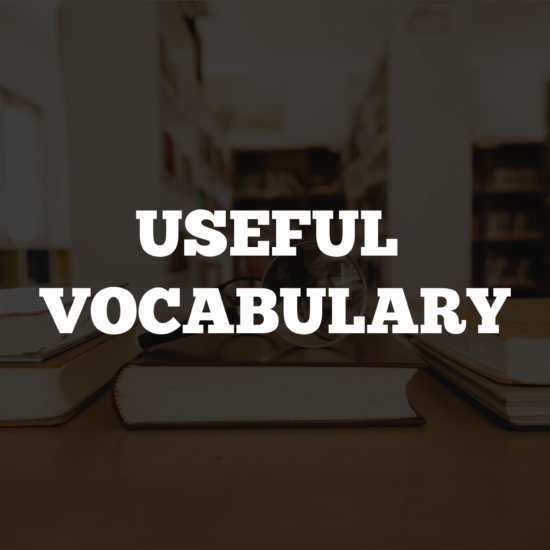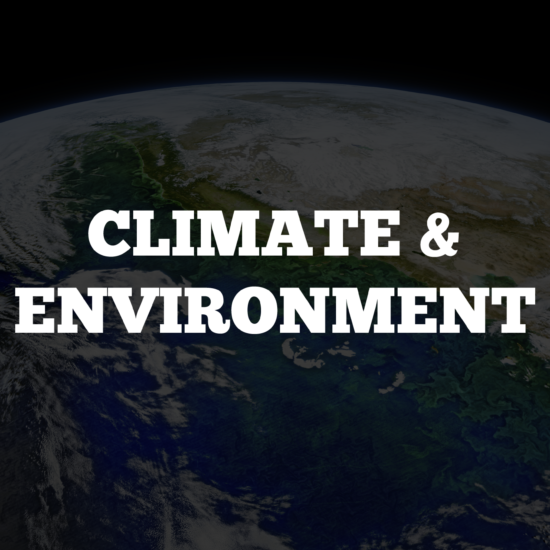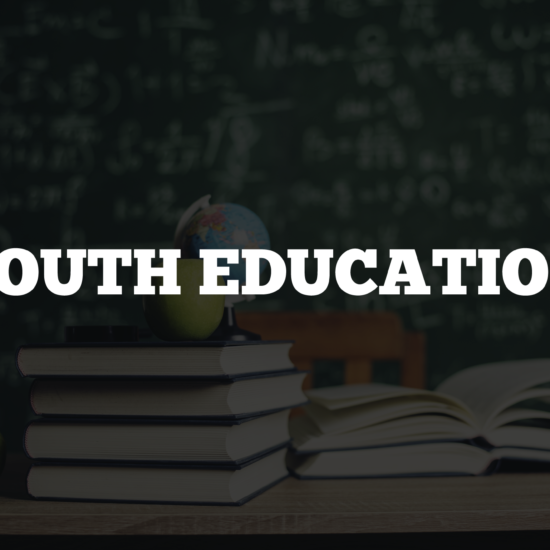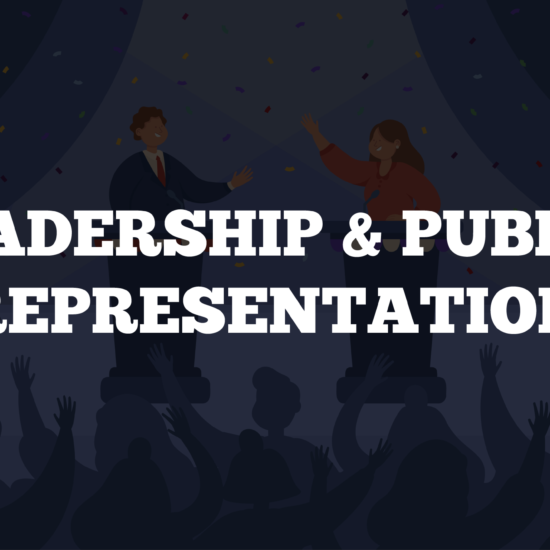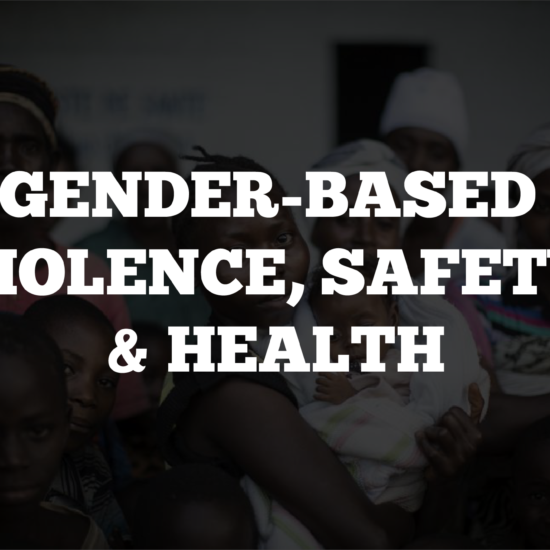TOWARDS GENDER EQUALITY / A year in review
A Year In Review
A Year In Review
In 2021 women and girls are under pressure. In the words of the Gates Foundation, “COVID-19 is gender blind but not gender neutral.” Economic, social and political gains that had been banked for women shrank dramatically during the pandemic; millions of girls in the developing world left school never to return; and the burden of care at home for females of all ages increased exponentially – seemingly regardless of background and circumstance. In addition, gender-based violence, and domestic violence in particular, spiked globally to such an alarming degree that UN Women called it “the shadow pandemic.”
In the past twelve months, gender parity has been pushed back by another entire generation, according to the findings of the World Economic Forum’s 2021 Global Gender Gap Report and will now take an estimated 135.6 years to achieve.
Women bore the brunt of COVID-19 in other ways. An estimated 70 percent of the world’s 43 million healthcare workers are female, including a huge majority of nurses who found themselves on the frontline of the worst public health crisis in generations. Women contribute over 3 trillion USD to the global health sector in both paid and unpaid work, but currently are vastly under-represented in all levels of healthcare leadership. And in a study released by CARE International at the height of the crisis, the majority of 30 countries examined did not have a gender-inclusive COVID response.
But if the crisis of COVID-19 disproportionately affected women and girls, it also provided a tipping point. Many governments and international institutions are in agreement that ‘building back better’ must put gender equity front and centre of any recovery.
Once again, the Gates Foundation stresses:
“Countries that get this right will recover faster and be more resilient to future crises. If they do not, their recovery will be built on top of the same social cracks and economic fault lines as before. Equality cannot wait until this crisis has passed.”
2021, then, is a unique moment for women and girls, representing both crisis and opportunity. At the halfway point in July, the Generation Equality Forum in Paris agreed a five-year roadmap for gender equity that, for the first time, matched huge funding pledges with policy and programme commitments from all sectors of society – from governments and international institutions to the smallest, local NGO or private company.
In November, the COP26 climate change summit in Glasgow will dedicate a full day in its two-week programme to gender issues, but many campaigners and feminist groups say that this is not enough. Until recently the UK, as host nation, was fielding an all-male top team for the talks. Nonetheless, gender equity and climate justice are increasingly being discussed in the same breath and as an equal part of the solution.
Ahead of COP26, the UN Girls’ Education Initiative (UNGEI) and numerous signatories including the Malala Fund and Plan International called on all COP26 delegates to recognise that “If COVID-19 was a test paper for the future, climate change will be the final exam.”
“A gender-transformative education can equip girls with the skills and knowledge needed to tackle the climate crisis, claim and exercise their rights, and empower them to be leaders and decision-makers, including by challenging the systems and norms which reinforce gender, climate, racial and social injustices around the world.” UN Girls’ Education Initiative (UNGEI)
Meanwhile, over in the UAE, the six-month World Expo – Dubai 2020 – finally got underway in October 2021 having been postponed during the pandemic. For the first time in fifty years of Expo history Dubai is hosting a stand-alone Women’s Pavilion, highlighting female-led solutions for our world under the tagline “when women thrive, humanity thrives.”
In Chile this year a freshly elected citizens’ assembly is busy writing a new constitution – the first anywhere in the world to be drawn up by equal numbers of men and women, and the first to be drafted in the wake of #MeToo.
If 2021 taught us anything, it is that mass global action in the face of extreme crisis is possible and that creative, equitable solutions are there for the taking. But as the Taliban swept back into control of Afghanistan in August, and a bitter battle on abortion rights rages in the United States, this year also proved that achieving and protecting gender equality and rights for women is, literally, a matter of life and death. And our time starts now.
Info
All, Gender equality in 2020


